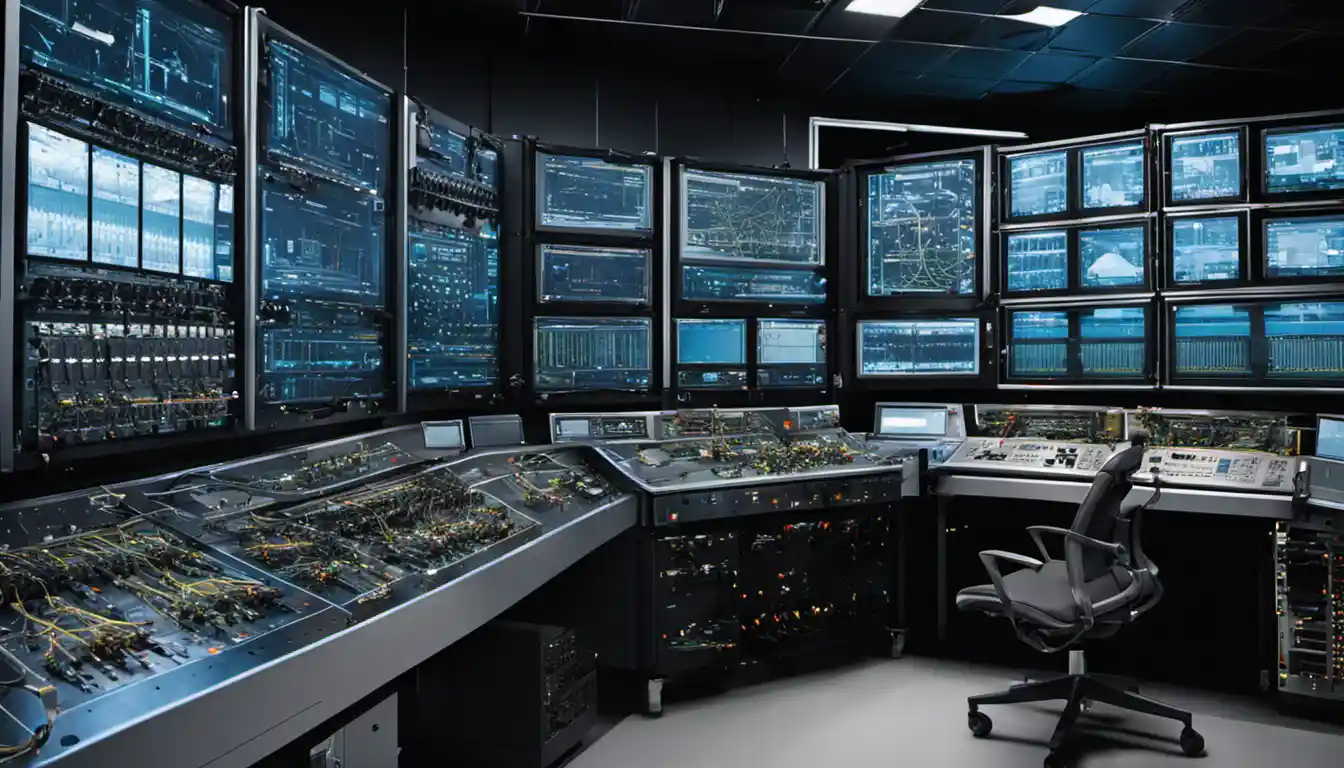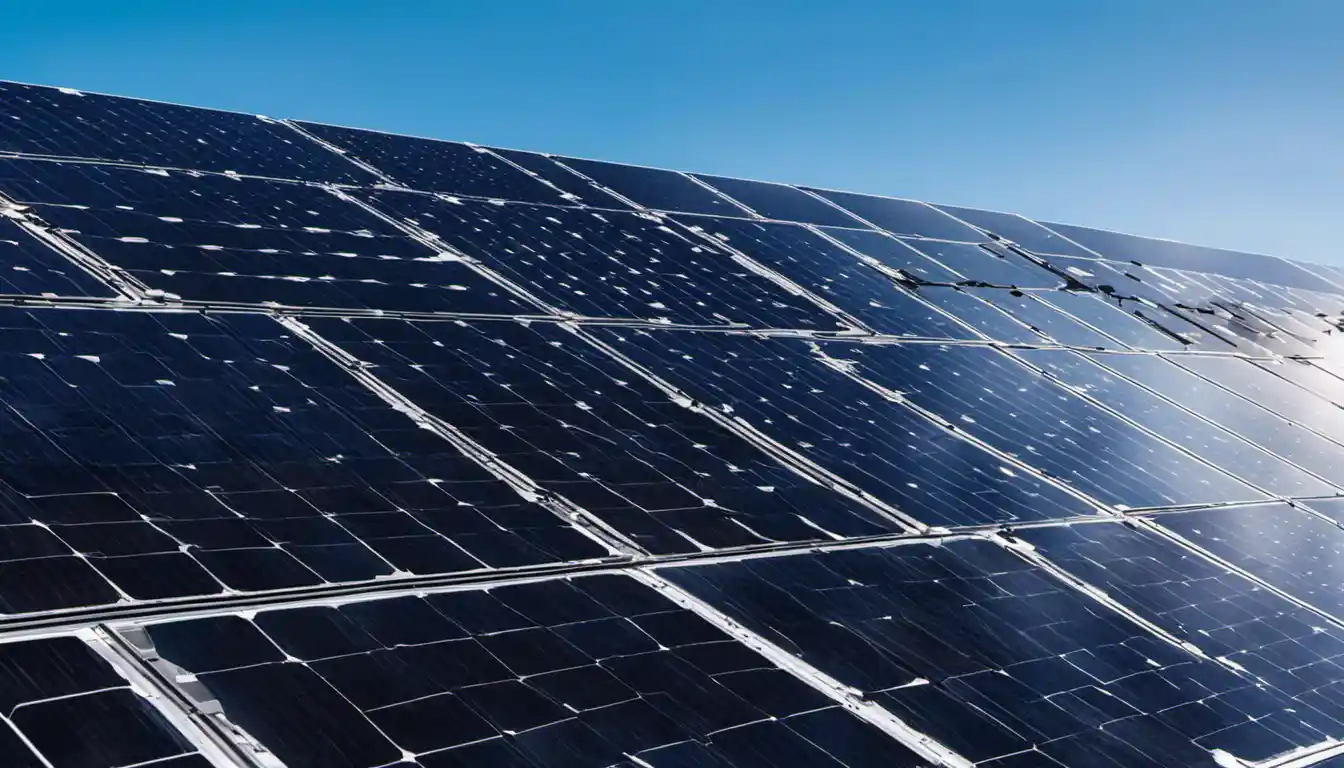Introduction
A hybrid system combines the advantages of both on-premise and cloud computing systems. They offer flexibility since you can manage sensitive data on-premises securely, and at the same time, the cloud part can scale well with business growth. Additionally, hybrid systems can provide more efficient computing by allowing workloads to move between private and public environments as computing needs and costs change.
Importance and Innovation of Hybrid System Technology
We are living in the era of rapid technological advancements where new concepts, such as the Internet of Things, Artificial Intelligence, and machine learning, are increasingly becoming the norm. Hybrid systems play a significant role within this context. Let me take you on a journey back in time – about two decades ago, businesses were solely dependent on traditional on-premise systems. However, the ever-increasing data volumes led to a realization – we needed a more versatile solution. Enter the era of hybrid systems.
These adaptable systems offer a solution to balance the need for data security and scalability. As a consequence, this innovative technology has made significant inroads into various industries and is gradually becoming the go-to choice for businesses across the world.
Detailed Advantages of Hybrid Systems
Greater System Flexibility
This section reminds me of my early years in the field when I was often exploring how to bump up the efficiency and resiliency of systems for my clients. What I found was this: hybrid systems offer a wide range of flexibility. You can manage sensitive workloads in private, and less-critical resources can stay within the public cloud. Furthermore, the advent of ‘cloud-bursting’ (a technique used by hybrid clouds to provide additional data processing capacity), offers additional flexibility. In simple terms, your data can ‘burst’ through to the public cloud – but only when the private resources are fully utilized. Genius, right?
Extended System Longevity
In the world of evolving technology, most of us know the pain of feeling like our systems are outdated almost immediately after installation. Let me tell you, migrating to hybrid systems can effectively extend the lifespan of your existing IT investments. These systems are equipped to bridge the gap between your current infrastructure and emerging technologies, catering to both until you are ready for a full cloud transition.
The Diversity of Available Instrumentation Buses

Hybrid systems provide a variety of instrumentation buses – a boon for the system intégrator within us. The rich selection of buses, which includes VXI, PXI, and GPIB, among others, allows seamless integration of both current and legacy devices into a single system. This leads to cost-effectiveness and prolongs the life of your devices.
Benefits of Hybrid Solar System
Now, let’s talk green energy. Specifically, let’s touch on hybrids solar systems. Hybrid solar systems combine the best of both worlds – grid-tied and off-grid solar systems. Let’s dig into the benefits of hybrid solar systems, shall we?
Continuous Power Supply
Imagine this: You’re hosting a grand soccer match-night at your place. The house is full, pizzas are in the oven, excitement is in the air. The match starts… and the power goes out. Nightmare, isn’t it? Fear no more, I present to you hybrid solar systems. Even if the grid power is incapacitated, hybrid solar systems are here to save the day, providing a continuous power supply.
Efficient Use of Renewable Sources
Using renewable sources efficiently is the need of the hour, and hybrid solar systems answer this call perfectly. They use the sun’s energy to their fullest extent with solar panels and store the excess power for later use. Now, isn’t this a bright idea?
High Efficiency
Hybrid solar systems are nothing short of a masterstroke when it comes to efficiency. They aim to eliminate power wastage by using renewable energy resources to their optimum levels, resulting in significant energy cost savings. As my mentor once told me, “efficiency is intelligent laziness”.
Lower Maintenance Cost

When I first ventured into the realm of solar energy, I was keen on finding ways to reduce maintenance costs. And guess what? Hybrid systems are relatively cheaper to maintain than standalone or grid-connected systems. Thanks to their user-friendly design and advanced automatic features, they require less frequent after-sales services.
Load Management
Thinking of taking control of your energy consumption? Hybrid solar systems offer an unrivaled solution. They allow for advanced load management, enabling you to decide when to consume power from your solar panels, stored batteries or from the grid, contributing to further energy bill savings.
Conclusion
In a nutshell, the benefits of hybrid systems – from its versatility in conventional IT architecture to its benefits in the realm of renewable energy through hybrid solar systems, are undeniable. The adaptability, efficiency, and cost-effectiveness they bring to the table make hybrid systems an ideal solution for businesses and households alike. Let’s walk into a connected, energy-efficient future together!
Hybrid System FAQs
In case you’re seeking a more in-depth understanding, I have organized this FAQ section, where you can find insights covering the essential aspects of hybrid systems:
What is a Hybrid System?
Hybrid systems act like a technological bridge, offering a seamless blend of private (on-premises) and public (cloud) resources.
How Does a Hybrid System Work?

Hybrid systems allow data and applications to be shared between private and public environments, providing flexibility and optimizing resource utilization.
What Makes Hybrid Solar Systems Special?
Hybrid solar systems harness solar power, store excess energy, and ensure its availability even during grid failures, offering continuous, efficient, and green power.
Are Hybrid Systems Worth the Investment?
With their flexibility, efficiency, cost-effectiveness, and the potential to reduce environmental impact, hybrid systems can indeed be a worthwhile investment.
How are Hybrid Systems Different from Conventional Systems?
While conventional systems are either completely private (on-premise) or public (on-cloud), hybrid systems provide a balanced, flexible and adaptable solution.
How Does a Hybrid Solar System Affect the Environment?
By utilizing green solar energy and reducing dependence on traditional energy sources, hybrid solar systems can play a pivotal role in creating a greener, more sustainable future. If I must sum up, the advantages of a hybrid system are too good to overlook. Why not make the change today?



